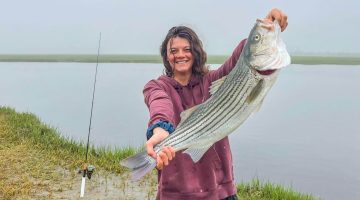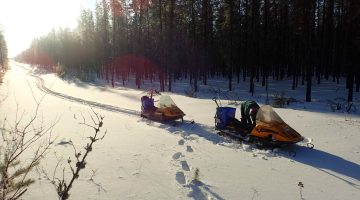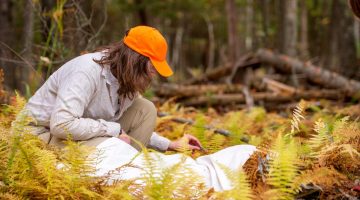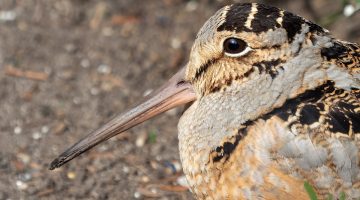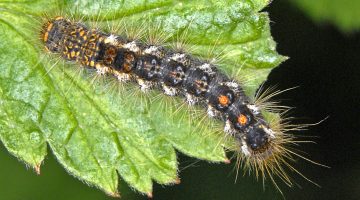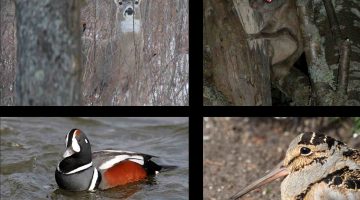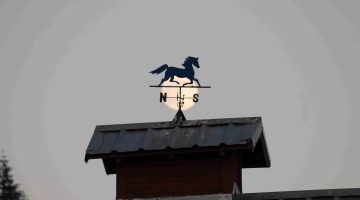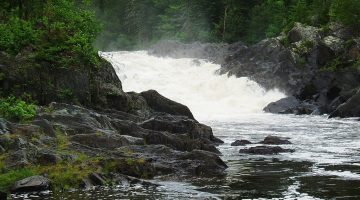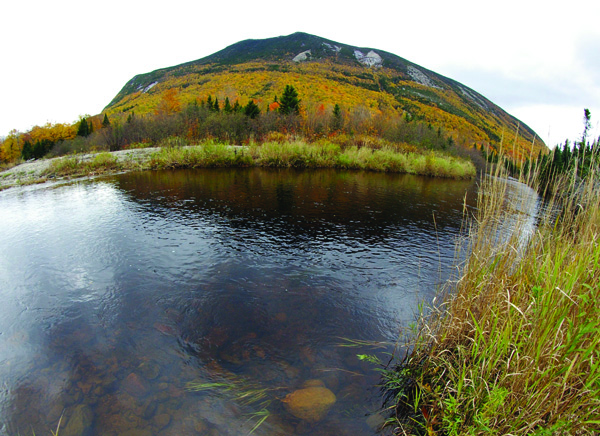Calling all anglers! Help reel in data for UMaine striped bass research
At the University of Maine’s Darling Marine Center, student researchers have launched a new project this summer to investigate the feeding habits of striped bass along the coast of Maine. The project is led by Abby Remick, a first-year graduate student in the lab of Michelle Staudinger, associate professor of marine sciences. Student researchers will […]
Read more
